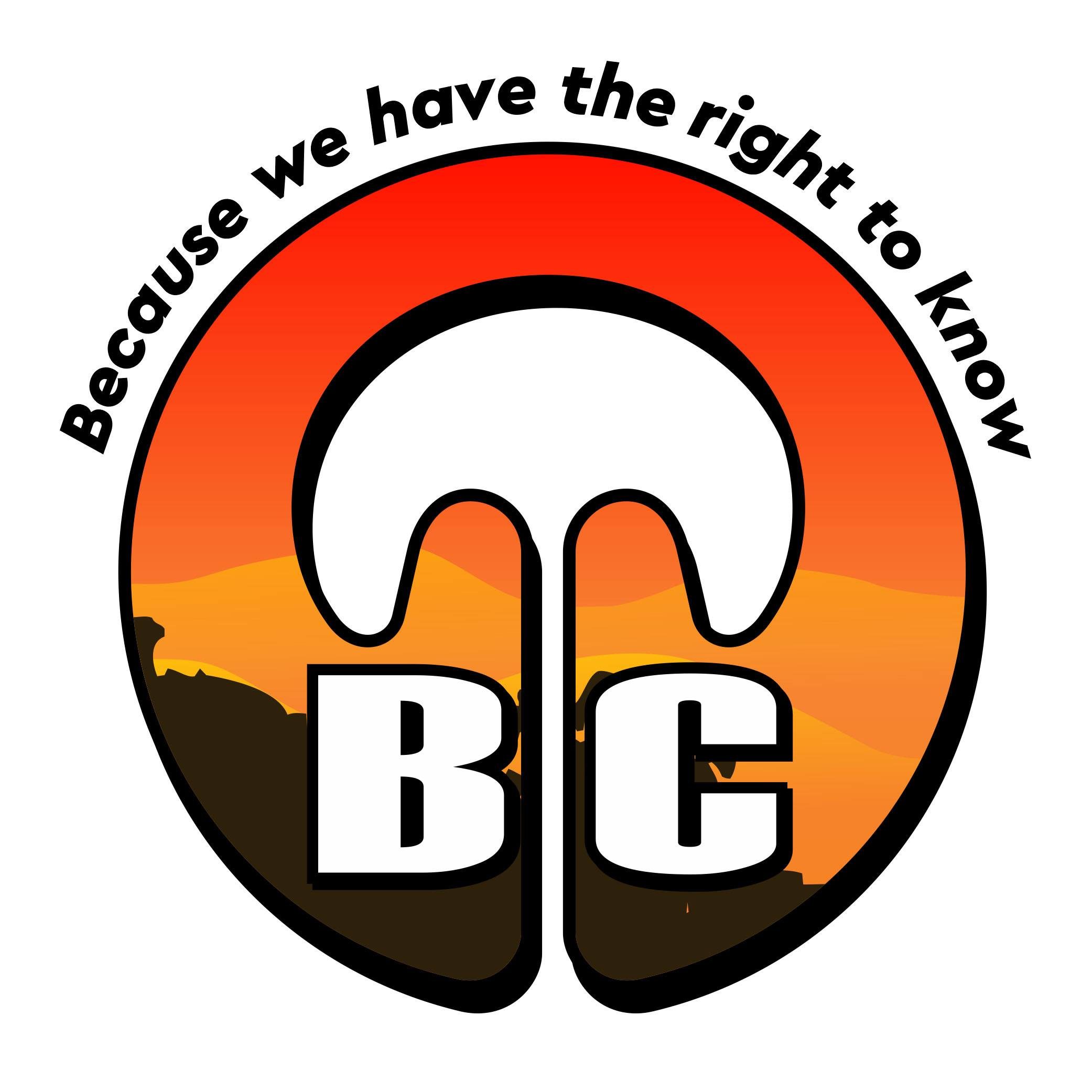By Ivan Labayne
WHAT it reveals is not something pitiful, but something about plenitude: how so much pithiness can capture so much, say, words like, All that is solid melts into air, all that is sacred is profaned, all that is dictatorial melts into profanity.
Marx has more of this, a plenty: these kinds of plenitude in a pithy: the point however is to change it, capitalism digging its graves. Lesser known is “the silent compulsion of economic relations,” which can illuminate how many we often succumb to apathy, or turn to “apolitical” activities, or, in the case of trolls, to rabid and thoughtless political posturing.
It’s not easy to change the system, even if people like Shungodzo or The Jerks sometimes sing that there are good days “to fight the system,” or that we should “go not gently, and rage with me.” Not easy, changing the system, because mouths have to be fed, salaries have to be earned, salary deductions and getting caught in traffic have to be avoided, clothes and air fryers have to be bought.
There is one weekend when we perched on a work by Raoul Peck: the four-part documentary Exterminate All the Brutes, not The Young Karl Marx. Here and there, while watching Peck, I recall another master of pithiness, Walter Benjamin, a silent figure easily lost among towering marxisms, maoisms, kollontaisms. In “Theses on the Philosophy of History” – where he also shared his more famous reading of Paul Klee’s “Angelus Novus” and the storm that we call “progress” – Benjamin wrote, “There is no document of civilization which is not at the same time a document of barbarism.” I recall these seventeen words, or some bungled version of this, in my head as I listen to Peck narrate about the displacement and extermination of the Native Americans, the people of the Seminole Nation, the people of Congo, the Haitians, all the other indigenous peoples of the world – all in the name of “civilization.”
Before Kurzt uttered “Exterminate all the brutes” in Conrad’s Heart of Darkness, he was described as “radiat[ing] exotic immensity ruled by an august benevolence,” and before that, the novel spoke of what “All Europe contributed to the making of Kurtz… the International Society for the Suppression of Savage Customs [which] had intrusted him with the making of a report, for its future guidance.”
know this already, have heard this before. For instance, America’s benevolent annihilation, or Colonel Jacob Smith’s “kill everyone over the age of ten,” wanting to see the island of Samar as a “howling wilderness.” The “civilized” colonizers were either killing the natives, or gathering information on, and writing about them, all in the service of further subjugating them, in less bloody, in more “benevolent” ways. I recall Walter Benjamin saying something about documents of barbarism and documents of civilization intertwined.
Around the 51-minute mark of the first part of Exterminate, Peck narrates: “Conrad and Wells knew about each other when the latter wrote The Time Machine in 1895. Hatred and fear seize the time traveler. He longs to kill Morlocks. He wants to go straight into the darkness to kill the brutes. The time traveler falls asleep as he sits there in the darkness and when he wakes the Morlocks are onto him, soft and repugnant. He shakes ‘the human rats’ off him and starts striking out. He enjoys the feeling of a swishing iron pipe smashing into juicy flesh and crushing bones.” The civilized colonizers yearned to kill the brutes, longed to strike them out, erase them from the face of the earth, yearned to smash into juicy bones and crushing flesh.
Where Benjamin wrote about civilizations being barbaric, Doris Lessing wrote about a certain kind of barbarism, resembling “an earlier life of mankind” that is “disciplined, but democratic – when these people were at their best even a child’s voice was listened to with respect; all property worries gone; all sexual taboos gone… all problems shared and carried in common. Free. Free, at least form what was left of ‘civilization’ and its burdens” (in page 147, The Memoirs of a Survivor). Where H. G. Wells saw “this great towering city” as “a measure of the obstacle, of how much must be moved if there was to be any change,” Raymond Williams (in The Country and the City) saw “what men have built, so often magnificently, and is not everything then possible?” Perhaps Raymond’s being doe-eyed, writing in 1973, still enamored by the built structures of the city, built by the brutes, the bruskong workers, if not the slave-workers of 18th and 19th centuries, then the underpaid ones of the 20th and 21st.
Wells saw obstacles, Williams saw “progress.” Ahh, “development,” like what private entities profess to do to the Baguio public market – but as civil society and militant groups and Pasged’s first video qualifies, and prompts: development for whom, development in what form? Everything is pregnant with its opposite, said Marx, another plenitude in a pithy phrasing. There is suffering and poverties of minds and pockets and souls, perhaps these will occasion fighting the system, raging against the dying of the light.



There are no comments yet. Add your comment to start the conversation.